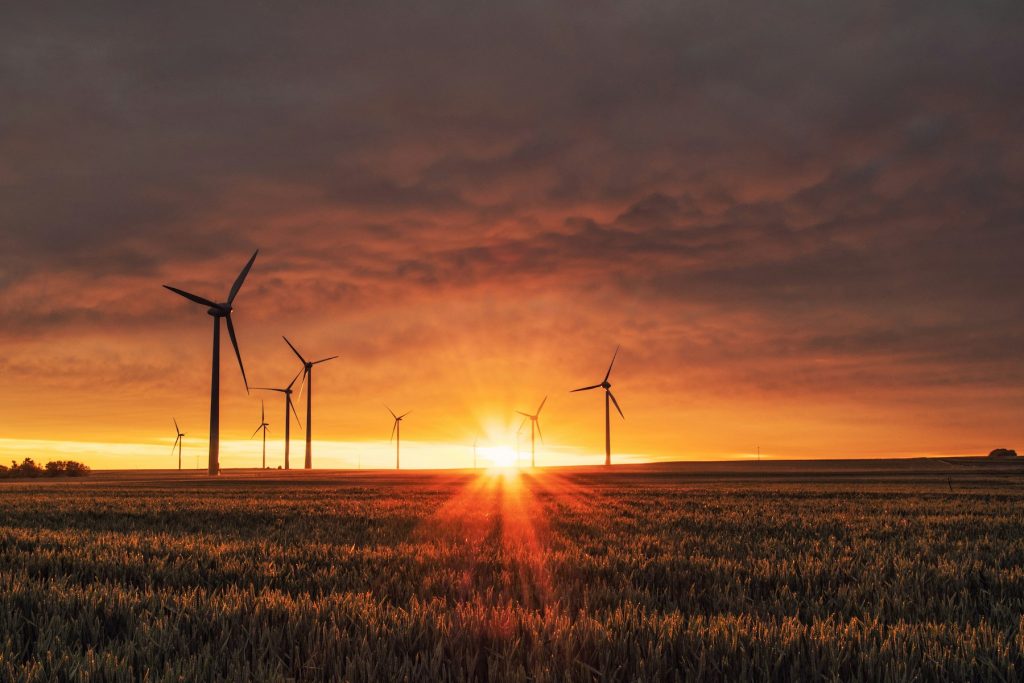Vindkraft är ett av de energislag som snabbast och mest kostnadseffektiv kan byggas ut i Sverige. Utbyggnaden av vindkraften förhindras dock av att kommuner ofta säger nej till vindkraft och att närboende motsätter sig enskilda projekt. Motståndet grundar sig bland annat i att det saknas incitament för kommunerna att tillstyrka vindkraft, samtidigt som personer som bor nära vindkraftsparker inte har rätt till någon ersättning.
I en artikel som nyligen publicerades i tidskriften Energy Research and Social Science undersökte Daniel Lindvall vid Uppsala Universitet tillsammans med Patrik Sörqvist och Stephan Barthel vid Högskolan i Gävle om olika typer av ekonomisk ersättning eller demokratisk delaktighet kan öka acceptansen för vindkraft. Studien bygger på en enkätundersökning med mer än 5000 respondenter, och bekräftar att svenskar överlag är positiva till vindkraft. Nästan 75 procent av de svarande stödjer utvecklingen av landbaserad vindkraft. Däremot vill en av fyra svenskar inte se att vindkraftverk byggs nära sina hem.
Vi såg också att stödet för vindkraft kan stärkas ytterligare om vindskraftoperatörna betalar ekonomisk ersättning eller försäkrar att berörda får vara med att påverka beslut innan vindkraftsparker byggs. Det mest effektiva styrmedlet för att stärka allmänhetens acceptans är att kräva att vindkraftsoperatörer betalar fastighetsskatt till den kommun där vindkraft byggs. De som generellt är negativa till vindkraft föredrar däremot att få personlig ekonomisk ersättning.

Även om vi kunde se att ersättning kan hjälpa till att mildra vindkraftsmotståndet, drivs negativa attityder mot vindkraft främst av ideologiska uppfattningar, låg miljömedvetenhet och brist på politiskt förtroende. Oavsett vilken typ av ersättning som erbjuds, lär individer som är starkt ideologiska övertygade, i synnerhet de som har en mer auktoritär och nationalistisk världsuppfattning (s.k. TAN-attityder), att fortsatt vara negativa till vindkraft.
Resultaten visar att de förslag som presenterades av den statliga s.k. Incitamentsutredningen kan öka stödet för vindkraft, i synnerhet förslag om att vindkraftsoperatörer ska betala fastighetsskatt till berörda kommuner och att ett system med ersättning till närboende införs. Artikeln visar dock att det inte finns någon universallösning mot negativa attityder till vindkraft.
Forskningen genomfördes inom forskningsprojektet Fairtrans som finansieras av Formas och Mistra.
Läs hela artikeln:

